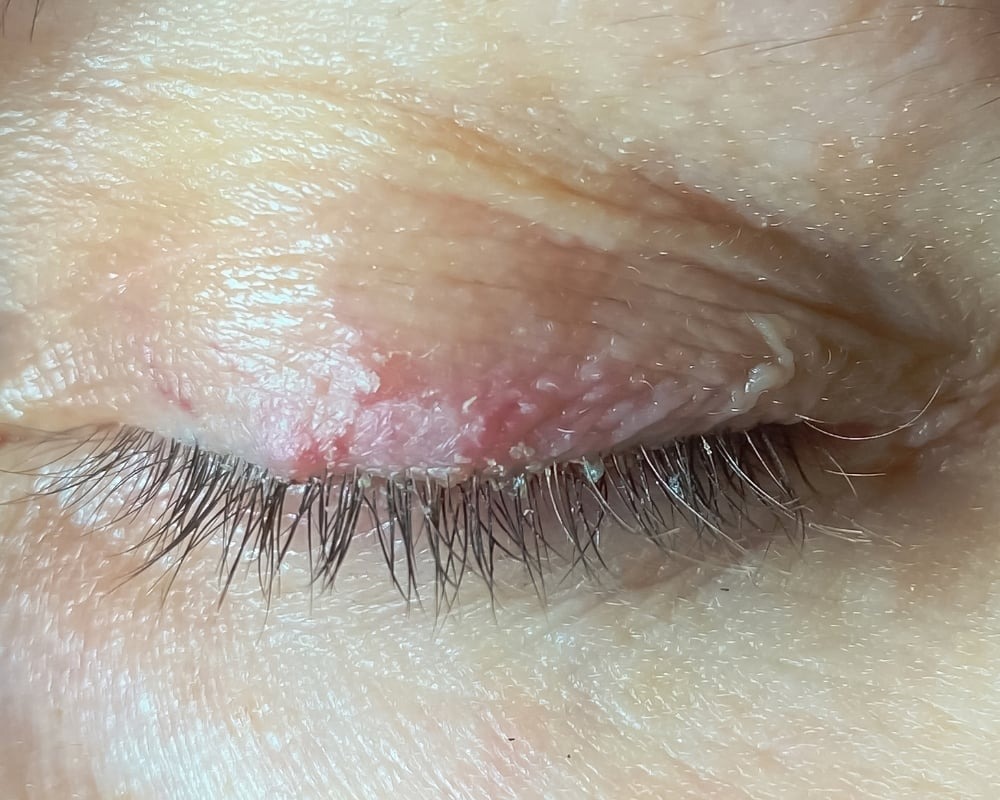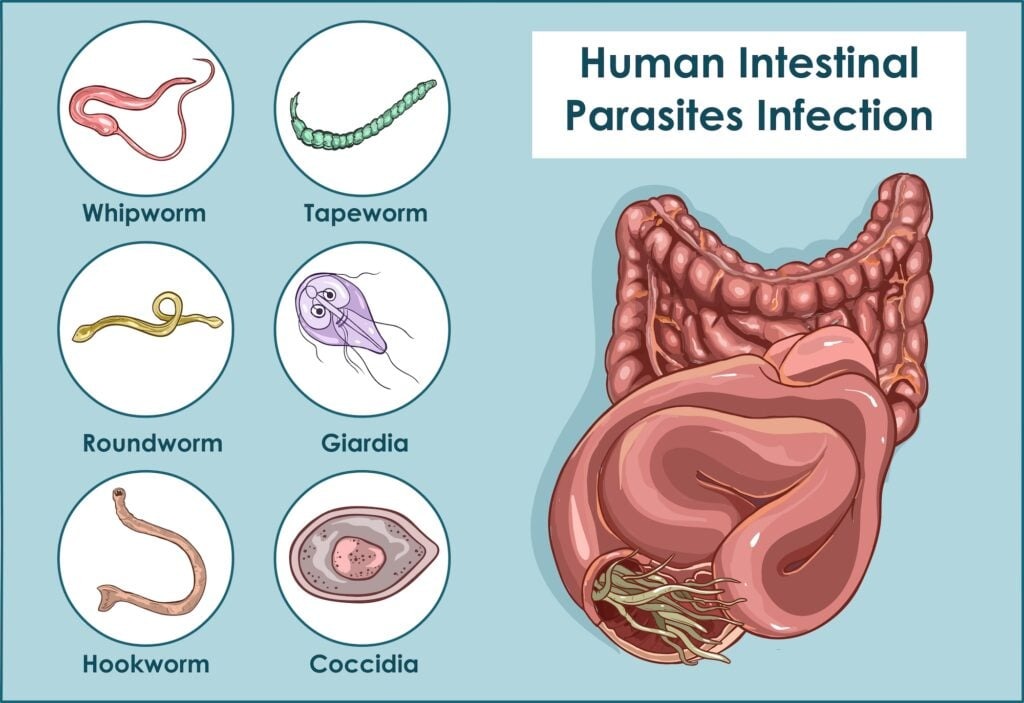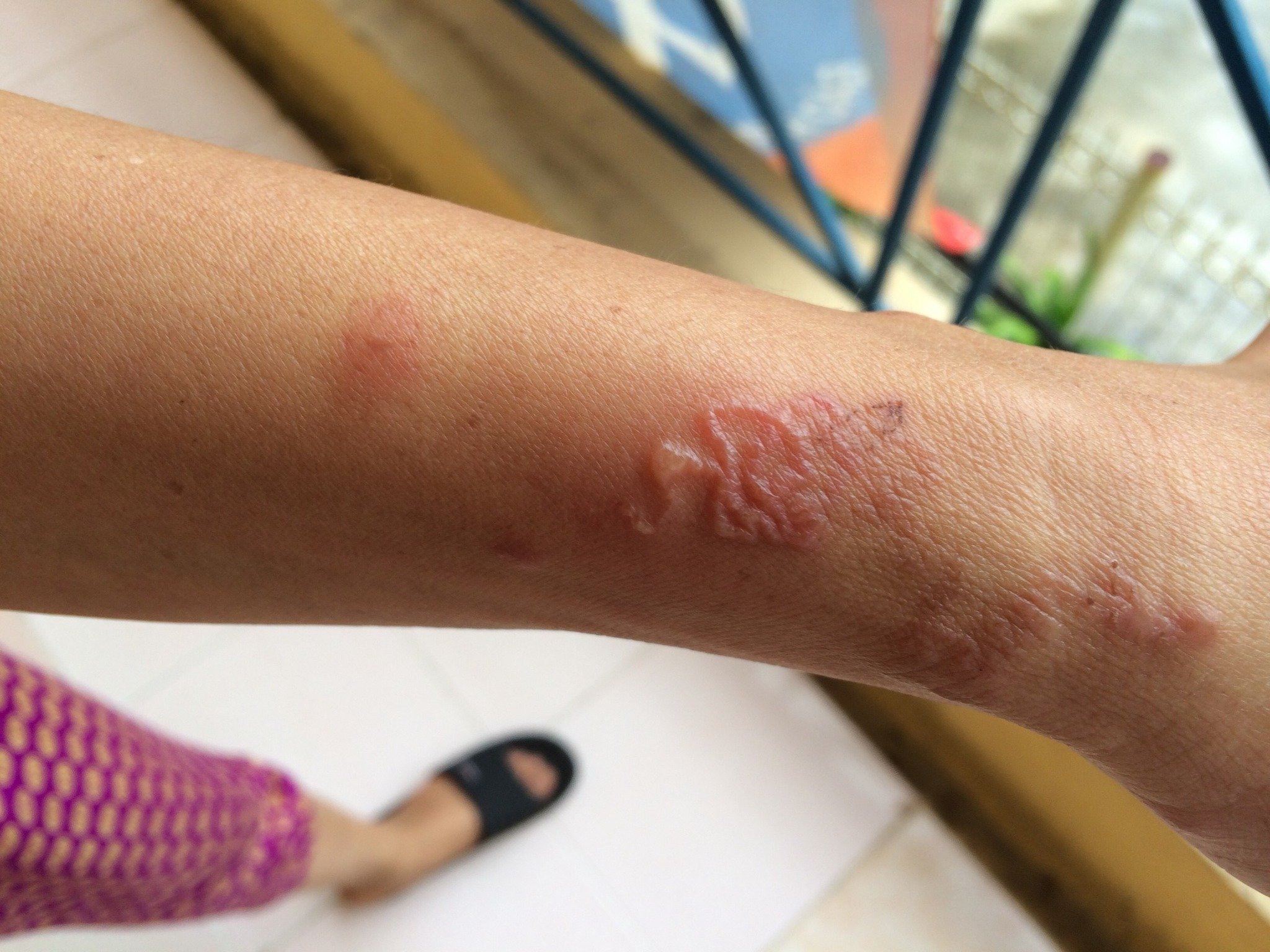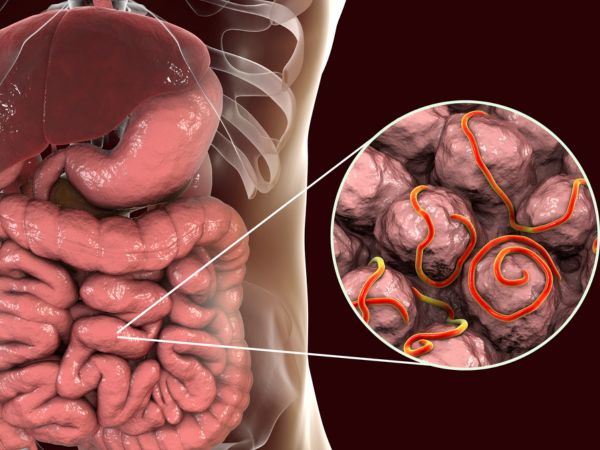Understanding Parasitic Infections
Parasitic infections are common worldwide, caused by organisms that live on or inside the human body to survive and reproduce. These parasites feed on nutrients and blood, which can lead to various health complications if not detected and treated promptly. This article explores the causes, symptoms, diagnostic methods, treatment options, and prevention strategies for parasitic infections.

What is a Parasitic Infection?
A parasite is an organism that lives on or in a host organism and derives nutrients at the host’s expense. Parasitic infections occur when organisms such as worms, fleas, lice, mites, and protozoa invade the human body. These infections can spread through various means, including skin contact, ingestion of contaminated food or water, or transmission from animals.
Once inside the human body, parasites can cause numerous health issues, including malnutrition, anemia, and organ damage. If left untreated, parasitic infections can have severe consequences, making early detection and medical intervention crucial.
How Do Parasitic Infections Spread?

Parasitic infections can be transmitted through several routes:
- Digestive Route: Parasites can enter the body through contaminated food or water. Consuming undercooked meat, raw vegetables, or unpurified water increases the risk of infection. Common parasites that spread via digestion include roundworms, hookworms, tapeworms, and amoebas.
- Skin Contact: Some parasites can penetrate human skin through direct contact. Fleas, mites, and lice attach themselves to the skin, while others, such as hookworms, can burrow into the body.
- Animal-to-Human Transmission: Certain parasites, such as roundworms found in dogs and cats, can infect humans through close contact with pets.
- Insect Bites: Mosquitoes, sandflies, and ticks are known to transmit parasites through bites, leading to diseases such as malaria and Lyme disease.
Causes of Parasitic Infections

Parasitic infections are more common in tropical and subtropical regions, where warm and humid conditions provide an ideal environment for parasites to thrive. Common causes include:
- Consumption of raw or undercooked food: Meat, fish, and vegetables that are not properly cooked can contain parasitic larvae.
- Contaminated drinking water: Drinking untreated or stagnant water can introduce parasites into the body.
- Poor hygiene practices: Lack of handwashing and sanitation increases the risk of infection.
- Contact with infected animals: Handling pets without proper hygiene can transmit parasites.
- Traveling to high-risk areas: Visiting regions with poor sanitation can expose individuals to parasitic infections.
Symptoms of Parasitic Infections

Parasitic infections can be challenging to detect as their symptoms often resemble other common health conditions. However, some warning signs include:
- Skin Irritations: Itching, rashes, hives, and eczema-like symptoms may indicate the presence of skin parasites.
- Digestive Issues: Abdominal pain, bloating, diarrhea, constipation, and nausea can result from intestinal parasites.
- Anal Itching: Pinworm infections often cause itching around the anus, particularly at night.
- Fatigue and Weakness: Parasites consume nutrients, leading to fatigue, anemia, and weight loss.
- Increased Appetite: Despite eating more, some individuals lose weight due to parasites absorbing nutrients.
- Teeth Grinding: Studies suggest a correlation between teeth grinding during sleep and intestinal parasitic infections.
- Mood Changes: Anxiety, restlessness, and irritability can result from parasitic infections affecting the nervous system.
Complications of Parasitic Infections
If left untreated, parasitic infections can cause severe complications such as:
- Blockage of intestines or bile ducts
- Brain infections leading to meningitis
- Cardiovascular complications
- Lung and intestinal inflammation
- Severe anemia and malnutrition
Diagnosis of Parasitic Infections

Accurate diagnosis of parasitic infections is essential for effective treatment. Common diagnostic methods include:
- Stool Examination: Detects parasitic eggs, larvae, or adult parasites in fecal samples.
- Blood Tests: Identifies antibodies or antigens linked to parasitic infections.
- Skin and Tissue Samples: Examines hair, skin, nails, and bodily fluids for external parasites.
- Colonoscopy: Used to detect parasites in the digestive tract.
- Imaging Tests (X-ray, MRI, CT scan, Ultrasound): Helps identify organ damage caused by parasites.
- Environmental Testing: Analyzing water, soil, and food sources to detect parasite contamination.
Treatment for Parasitic Infections
Treatment varies depending on the type and severity of the infection. Some mild cases may resolve on their own, while others require medical intervention. Common treatment options include:
- Antiparasitic Medications: Prescription drugs such as albendazole, ivermectin, and metronidazole effectively eliminate parasites.
- Topical Treatments: Creams and ointments are used for skin-based infections.
- Dietary Adjustments: Consuming probiotics and fiber-rich foods can help cleanse the digestive system.
- Hydration and Nutrition: Maintaining proper hydration and a balanced diet supports the body’s recovery.
- Hospitalization: In severe cases, hospitalization and intravenous treatments may be required.
Preventing Parasitic Infections
Preventative measures are crucial to reducing the risk of parasitic infections. Effective strategies include:
- Personal Hygiene
- Wash hands thoroughly after using the restroom and before meals.
- Keep fingernails trimmed and avoid touching the face unnecessarily.
- Avoid sharing personal hygiene items such as towels and toothbrushes.
- Proper Food Handling
- Cook meat and seafood thoroughly to kill parasites.
- Wash fruits and vegetables before consumption.
- Drink purified or boiled water.
- Environmental Cleanliness
- Regularly clean and disinfect personal belongings.
- Maintain a clean household to prevent parasite infestations.
- Control insect populations to reduce the risk of parasite transmission.
- Regular Deworming
- Follow medical recommendations for periodic deworming, especially for children and pet owners.
- Pregnant women and infants should consult healthcare providers before deworming.
- Protective Clothing and Insect Repellent
- Wear protective clothing when in high-risk environments such as forests or farms.
- Use insect repellents to prevent bites from disease-carrying insects.
Common Questions About Parasitic Infections

Are Parasitic Infections Dangerous?
The severity of a parasitic infection depends on the type and extent of infestation. While some infections cause mild discomfort, others can lead to life-threatening conditions such as organ failure and immune system suppression.
How Many Types of Parasites Affect Humans?
Parasites affecting humans fall into three main categories:
- Protozoa: Single-celled organisms causing diseases like malaria and giardiasis.
- Helminths (Worms): Includes tapeworms, roundworms, and flukes.
- Ectoparasites: External parasites such as lice, mites, and fleas that live on the skin.
Conclusion
Parasitic infections are a significant health concern that requires awareness, proper hygiene, and timely medical intervention. By adopting preventive measures and seeking early treatment, individuals can effectively reduce the risk of infection and protect their overall health.
